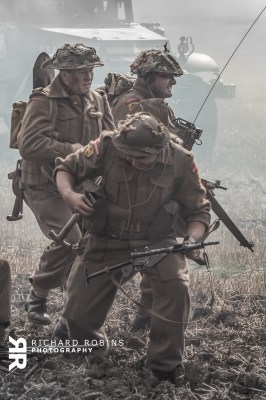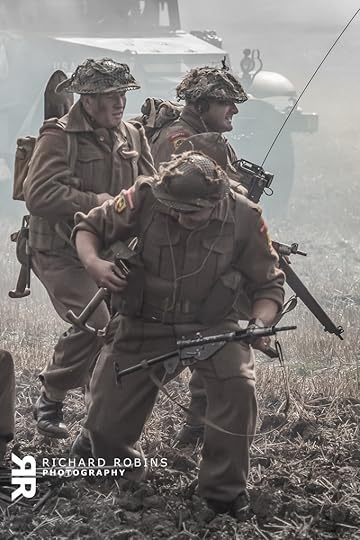Am I Contributing to My Child’s Trauma?

I know that is a difficult question. What parent, especially an adoptive or foster parent, wants criticism. We all, or most of us, parent the best we can. We are flawed people called to invest in children to help them grow up to be successful adults.

And if we are blessed to have foster or adoptive children, we are also called to help them heal from the past trauma experienced in their lives.
Yet far too often I parent as if I forgot the trauma my son has experienced.
It’s a well-known and documented fact now that all foster and adopted children endure trauma, even children adopted the day of their birth. Sadly, too many of these children suffer years of trauma.
Studies now show that many foster children suffer from Post Traumatic Stress Disorder, commonly associated with combat experienced soldiers.
Children in the foster care system endure many traumatic experiences. These experiences may include the trauma that caused their removal from the home, the trauma of separation from their families, and the potential trauma involved with numerous removals and placements in out-of-home care (Racusin, Maerlender, Sengupta, Isquith, & Straus, 2005). As a result of trauma exposure and several other factors, including the severity and repetition of the trauma, proximity to the trauma, and their relationship with the victim (if they are not the victim themselves), children may be at risk for developing Post Traumatic Stress Disorder or “PTSD” (American Academy of Child & Adolescent Psychiatry, 2011).
It is not surprising that over 21% of foster care alumni suffer from PTSD, a staggering rate that is higher than that of U.S. war veterans (Pecora et al., 2005).
-both quotes from www.nrcpfc.org
One big difference between a child in a traumatic environment versus a soldier in combat…the child’s environment was meant to be safe; the soldier trained to go into battle. The child’s defenses initially were down while the soldier’s was on high alert. Of course after time, the traumatized child is on high alert as well.
Here are symptoms of PTSD according to U.S. Dept of Veteran Affairs:
Reliving the event (also called re-experiencing symptoms)
Memories of the traumatic event can come back at any time. You may feel the same fear and horror you did when the event took place.
2. Avoiding situations that remind you of the event
You may try to avoid situations or people who trigger memories of the traumatic event. You may even avoid talking or thinking about the event.
3. Negative changes in beliefs and feelings
The way you think about yourself and others changes because of the trauma.
4. Feeling keyed up (also called hyperarousal)
You may be jittery, or always alert and on the lookout for danger. You might suddenly become angry or irritable. This is known as hyperarousal.
(follow the link above to get a more detailed list)
Am I contributing to my child’s trauma?
When I read that list, I see a lot of these behaviors in my son. I am not sure if he has PTSD, but my question is, “Am I contributing to his trauma?”
I am sensitive to my son’s traumatic history, yet I still find myself doing things that create a stressful environment, such as:
Impatience
Yelling
Over-reaction to a lack of response
Punitive correction
Too often I forget the trauma he faced. I expect him to not relive the trauma, respond to triggers, struggle with relationship, or be hyper-aroused.
The more I remember his history, not to coddle or over-compensate, but rather to mindfully offer a safe, understanding environment, the better I can help him heal.
If you are a foster or adoptive parent, please share your thoughts; especially ways you help and not hinder your child’s healing.



